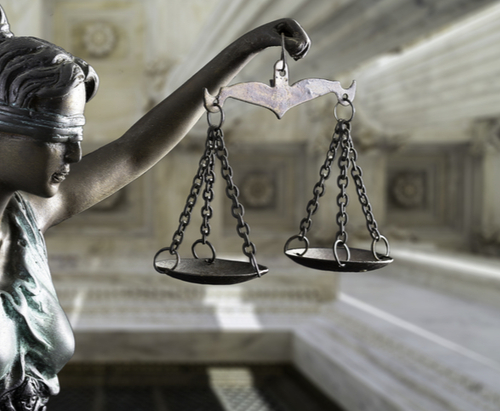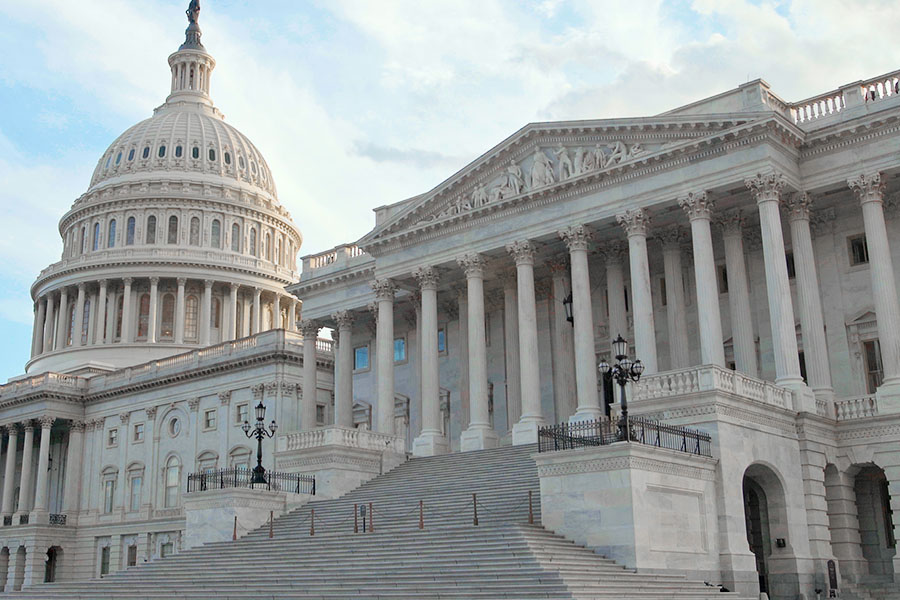Federal Rulemaking
Active Rules Tracker
Status of proposed federal rule amendments that may impact trial lawyers and their clients.
You must be an AAJ member to access this content.
If you are an active AAJ member, log in below to view this content. Not an AAJ member? Join today!
Log in



